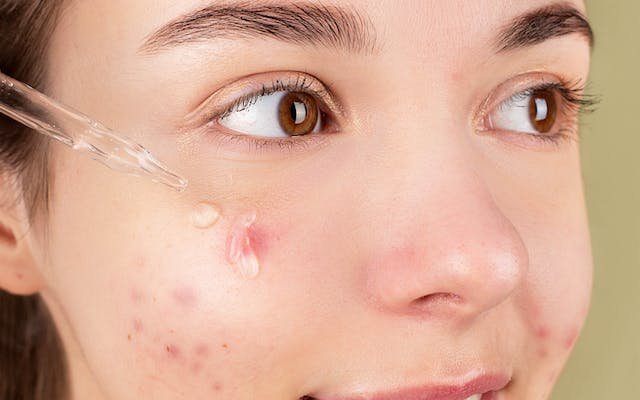Acne, a common skin condition affecting millions worldwide, not only impacts one’s appearance but also self-esteem. While it’s often associated with adolescence, adults can suffer from acne too. Understanding and implementing effective preventive measures is crucial for maintaining long-term skin health. This article explores various strategies to prevent acne and sustain a healthy skin complexion.

Understanding Acne
Before diving into prevention, it’s essential to understand what causes acne. It typically occurs when hair follicles become clogged with oil and dead skin cells, leading to whiteheads, blackheads, or pimples. Factors contributing to acne include hormonal changes, diet, stress, and genetics.
Skincare Routine
A consistent skincare routine is paramount in preventing acne. Here are some key steps:
Cleansing
Use a gentle, non-comedogenic cleanser twice a day. Over-washing can irritate your skin and exacerbate acne.
Exfoliation
Moderate exfoliation helps remove dead skin cells. However, avoid harsh scrubs as they can lead to skin irritation.
Moisturizing
Hydrate your skin with oil-free, non-comedogenic moisturizers to maintain a healthy skin barrier.
Sun Protection
Use sunscreen daily. Sun exposure can worsen acne and lead to post-inflammatory hyperpigmentation.
Diet and Lifestyle
Balanced Diet
A diet rich in fruits, vegetables, lean proteins, and whole grains can promote skin health. Limit intake of dairy and high-glycemic foods, as they might trigger acne in some people.
Hydration
Drink plenty of water to keep your skin hydrated and help remove toxins.
Exercise
Regular exercise improves blood circulation, which helps nourish skin cells. Remember to shower after exercising to remove sweat and bacteria.
Stress Management
Stress can worsen acne. Engage in stress-relieving activities like yoga, meditation, or deep breathing exercises to maintain a balanced state of mind.
Avoiding Acne Triggers
Identifying and avoiding personal acne triggers is crucial. Common triggers include certain makeup or skincare products, environmental factors, and even certain medications. It’s important to be observant and identify any correlations between new products or lifestyle changes and the onset of acne.
Treatment Products
While prevention is key, incorporating products that treat existing acne can also help prevent new breakouts. Products containing salicylic acid, benzoyl peroxide, or retinoids can be effective. It’s advisable to start with lower concentrations to see how your skin reacts and to avoid irritation.
Medical Consultation
For persistent acne or if you’re unsure about the best approach for your skin type, consulting a specialist doctor is recommended. They can provide tailored advice and may prescribe treatments like topical retinoids, antibiotics, or even hormonal treatments for more severe cases.
Long-term Commitment
Preventing acne and maintaining skin health is a long-term commitment. It requires consistency in your skincare routine, a balanced lifestyle, and sometimes professional guidance. It’s also important to be patient; most skin treatments take time to show results.
Conclusion
Acne prevention is multifaceted, involving a combination of skincare practices, lifestyle adjustments, and sometimes medical intervention. By understanding your skin and taking proactive steps, you can maintain a healthy complexion and mitigate the impacts of acne. Remember, each skin type is unique, so what works for one person may not work for another. It’s about finding the right balance that works for your skin.
Also Read: Naturally Remove Acne Scars in a Week
